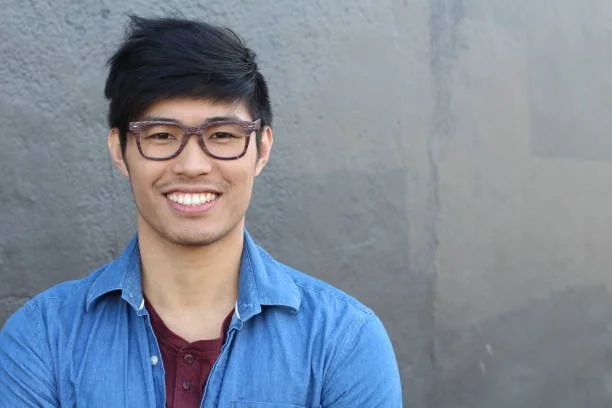Peter’s Essay
Peter was accepted Early Decision at Yale using this essay.
“I love the fact that I chose an essay topic that no one else would ever write about… trash. It immediately says to the Admissions Board that I’m different.”
One of the best ways to clear a room is to talk about composting. We’re all vaguely aware that it’s something we’re supposed to do, because it helps the environment, or saves the polar ice caps, or cures lower back pain or something. But my own personal journey with composting has actually changed the way I look at the world, and convinced me to pursue a career in Environmental Science. Not bad for a so-called “conversation killer.”
Like most stories of self-discovery, mine begins with a bucket of rotting stench on the side of the road. It’s pickup day for CurbsideCompost, which means local families leave buckets of rotting bones, meat and food scraps for the town to pick up and process into fertilizer. So far, so good: we keep the natural waste out of our crowded landfills, it cuts down on high incineration costs, it reduces harmful methane emissions, and it actually replenishes the earth’s precious soil. I take things one step further and build a compost bin in my own backyard, careful to rotate the festering pile every day so it doesn’t spontaneously combust (true story — look it up!)
Then, it’s off to get some real-world experience. I start interning at a “Green Farm” in the Bay Area called Pie Ranch, a thriving, non-profit educational farm that’s on a mission to restore sustainable farming practices, while addressing social injustices such as equity and poverty at the same time. Everything sounds great. Almost single-handedly, I’m now saving the planet, feeding the needy, promoting diversity, and learning a new trade. Occasionally, I have to chase a brown recluse spider off my leg or knock out a set of jumping jacks to restore feeling in my frozen fingertips, but otherwise I’m loving life. This is surely what I was meant to do.
But the reality is much more complicated. In time, I come to discover that most sustainable farms are anything but economically sustainable. Public records, for example, show that even a successful farm like Pie Ranch — with a thriving youth education program, popular food mart, and a distinguished Board of Directors — generates over 70% of its annual revenue from public grants and private donations, not from actual sales. Last year, the farm earned $3,000,000 in total revenue, but only 7% of that — about $200,000 — came from actual farming. Most of the rest came from tax dollars, yours and mine, whether you knew it or not.
This is where I start to grow up. Initially, I fell in love with the romance of farming: baby goats would feed on soybean sprouts and then process the waste and refertilize the land. It’s an organic, closed-loop system that precludes the need for harsh chemical toxins or harmful farming practices that for decades have been destroying the earth, not to mention our bodies. But the truth is that green farming doesn’t quite pay the bills, at least not yet, not here. And we come dangerously close to green-washing when we pretend that it’s the simple fix to all of our complex, international food production problems, because it’s not.
So what is the answer: More economic transparency? Higher produce costs? Better conventional farming? A new diet of protein-rich worms? I don’t know. But I’ve seen enough to know that food production is going to be a major headache for our country, and our world, for the next 50 years and beyond. And that smoldering little pile of compost in my backyard has ignited in me a burning desire to try to figure it out.
Peter’s Notes…
“I was originally going to write about competing in chess tournaments. But Big Green urged me to write about my true passion — environmental studies — and how it all got started… with something as simple as garbage.”
“At first, I was worried that no one would want to read an essay about composting. But then we decided to lean into that and have some fun.”
“One of the key lessons I learned working with a writing pro is that good writing doesn’t have to be dry. Personality and humor can really bring it to life.”
“To add more personality to my essay, Big Green had me watch old episodes of Anthony Bourdain’s TV show. Anthony’s writing is interesting and intelligent, but also deeply personal. I tried to steal some of that magic.”
“People at Yale always ask each other: What’d you write your essay about? When I tell them that I wrote about garbage, they always say that I win, like it’s the ultimate flex.”
